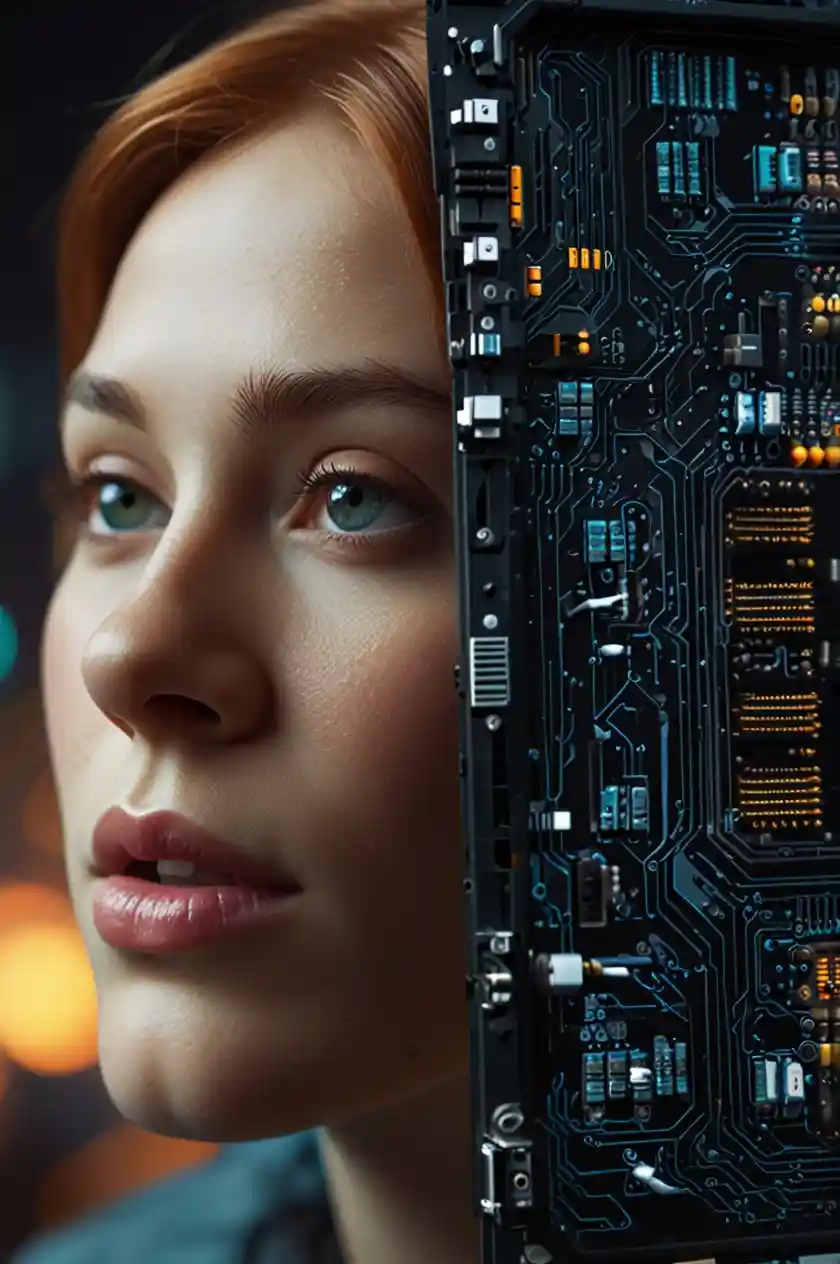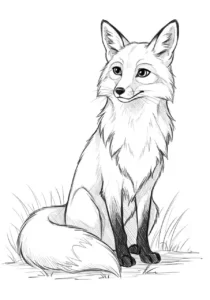Science fiction has long been a captivating genre that bridges the gap between the realms of imagination and the possibilities of technological advancement. From the pages of classic novels to the screens of blockbuster movies, science fiction has inspired generations to dream of a future where the boundaries of human potential are limitless. But beyond its entertainment value, science fiction serves as a thought-provoking lens through which we can examine the intersection of imagination and technology, and how it shapes our understanding of the world and the universe.
The Role of Imagination in Science Fiction
At its core, science fiction is a celebration of human creativity. It allows writers, filmmakers, and creators to explore ideas that transcend the limitations of the present. Whether it’s envisioning interstellar travel, artificial intelligence, or alternate dimensions, imagination is the driving force behind the genre.
Imagination in science fiction often serves as a sandbox for exploring “what if” scenarios. What if humanity could colonize other planets? What if machines became sentient? These speculative questions push the boundaries of what we perceive as possible and encourage us to think critically about the implications of technological advancements.
Take, for example, Jules Verne’s 20,000 Leagues Under the Sea. Written in 1870, it imagined submarine technology long before it became a reality. Similarly, Isaac Asimov’s I, Robot delved into the ethical dilemmas surrounding artificial intelligence decades before AI became a central topic in modern technology.
The Influence of Technology on Science Fiction
While imagination fuels science fiction, technological advancements provide the foundation upon which these stories are built. The genre often draws inspiration from cutting-edge scientific discoveries and technological breakthroughs, using them as a springboard to explore futuristic possibilities.
For instance, the advent of space exploration in the mid-20th century inspired a wave of science fiction stories about intergalactic travel and extraterrestrial life. Films like 2001: A Space Odyssey and franchises like Star Trek were heavily influenced by humanity’s growing understanding of space and our desire to explore beyond Earth.
In more recent years, advancements in artificial intelligence, virtual reality, and biotechnology have shaped modern science fiction narratives. Shows like Black Mirror delve into the darker side of technological progress, examining how it could impact society, relationships, and ethics. These stories serve as cautionary tales, reminding us that technological innovation must be approached with responsibility and foresight.
How Science Fiction Inspires Real-World Technology
One of the most fascinating aspects of science fiction is its ability to inspire real-world technological innovations. Many of the devices and concepts that were once purely fictional have become integral parts of our daily lives.
For example:
- Smartphones: The handheld communicators featured in Star Trek bear a striking resemblance to modern smartphones.
- Virtual Assistants: The AI systems depicted in films like Her and Iron Man echo the functionality of today’s virtual assistants like Siri, Alexa, and Google Assistant.
- Space Exploration: Visionary works like Arthur C. Clarke’s The Fountains of Paradise inspired the concept of space elevators, an idea that scientists continue to explore.
By imagining future technologies, science fiction often challenges scientists and engineers to turn these visions into reality. It fosters a sense of curiosity and ambition that drives innovation forward.
Ethical Questions at the Intersection of Imagination and Technology
As science fiction explores the possibilities of advanced technology, it also raises important ethical questions. What are the moral implications of creating sentient AI? Should we manipulate human genetics to enhance our abilities? How do we balance technological progress with environmental sustainability?
These questions are not just theoretical; they are becoming increasingly relevant as technology continues to evolve at a rapid pace. Science fiction provides a platform to explore these dilemmas in a way that is both engaging and thought-provoking.
For example:
- In Blade Runner, the ethical treatment of replicants (bioengineered beings) forces viewers to question what it means to be human.
- In Gattaca, genetic engineering raises concerns about discrimination and societal inequality.
- In The Matrix, the fusion of humans and machines challenges our understanding of reality and free will.
By addressing these issues through storytelling, science fiction encourages audiences to consider the broader implications of technological advancement and how it aligns with our values as a society.
FAQs about Science Fiction and Its Impact
1. Why is science fiction important?
Science fiction is important because it stimulates creativity, inspires innovation, and encourages critical thinking about the future. It allows us to explore potential scenarios and their implications in a way that is both entertaining and insightful.
2. How has science fiction influenced technology?
Science fiction has inspired numerous technological advancements by envisioning future possibilities. Concepts like space travel, artificial intelligence, and wearable technology were first popularized in science fiction before becoming real-world innovations.
3. What are some common themes in science fiction?
Common themes in science fiction include space exploration, artificial intelligence, time travel, dystopian societies, genetic engineering, and the ethical implications of advanced technology.
4. Can science fiction predict the future?
While science fiction does not predict the future with certainty, it often anticipates trends and explores potential outcomes based on current scientific knowledge. Many technologies depicted in science fiction have eventually become reality.
5. What is the relationship between science fiction and society?
Science fiction reflects societal concerns and aspirations while also influencing public perception of technology and progress. It serves as both a mirror and a guide for understanding our relationship with science and innovation.
Conclusion
Science fiction is more than just a genre; it is a bridge between imagination and technology that challenges us to dream bigger and think deeper. By exploring futuristic possibilities and addressing complex ethical questions, it provides valuable insights into our potential as a species. As we continue to push the boundaries of innovation, science fiction will remain an essential tool for envisioning what lies ahead—and for reminding us that with great power comes great responsibility.



